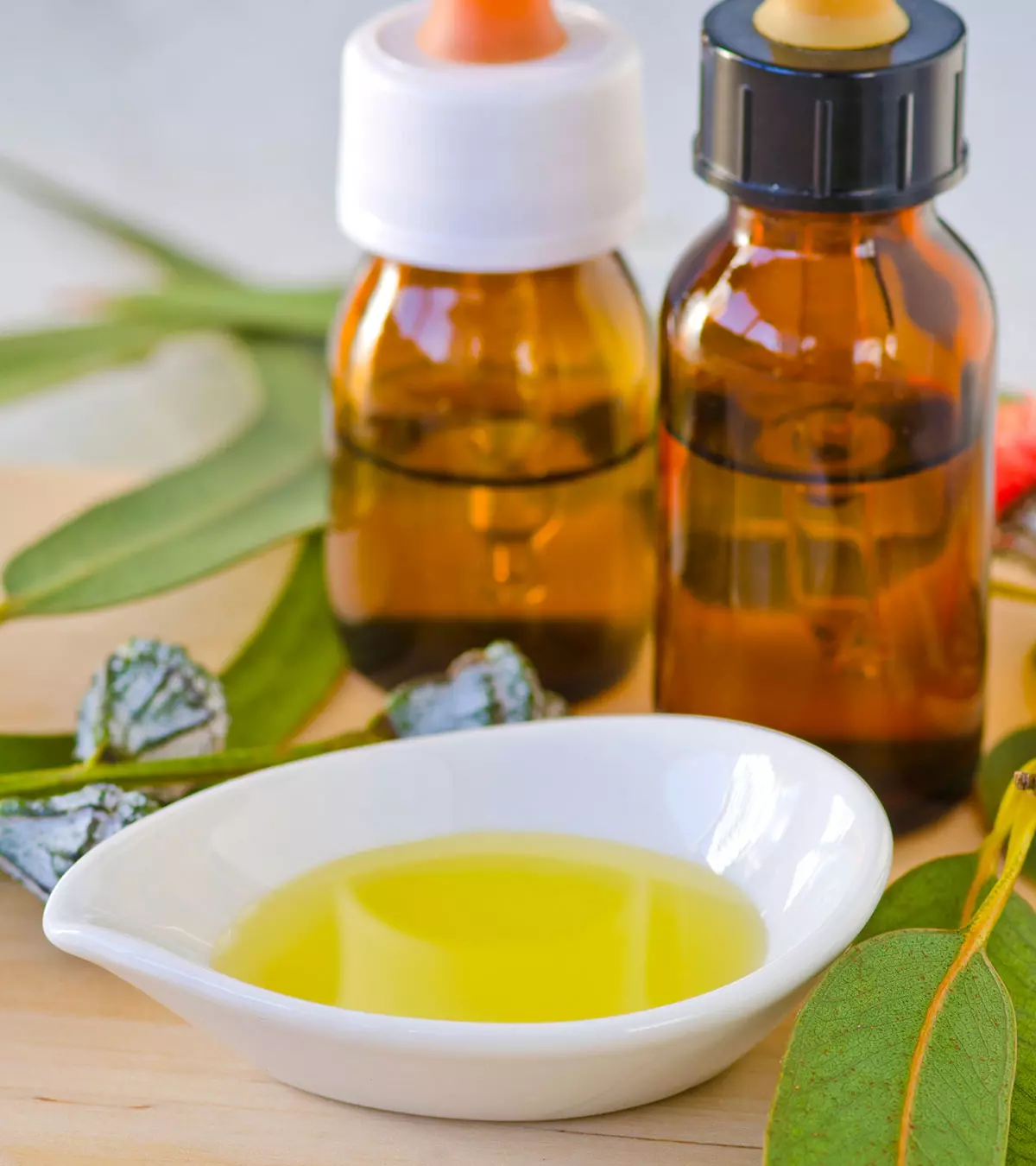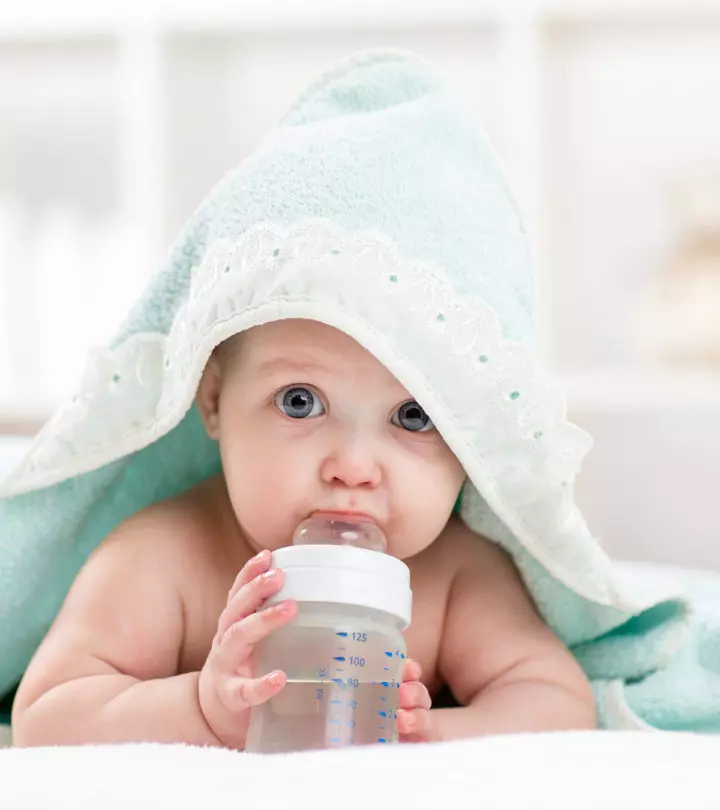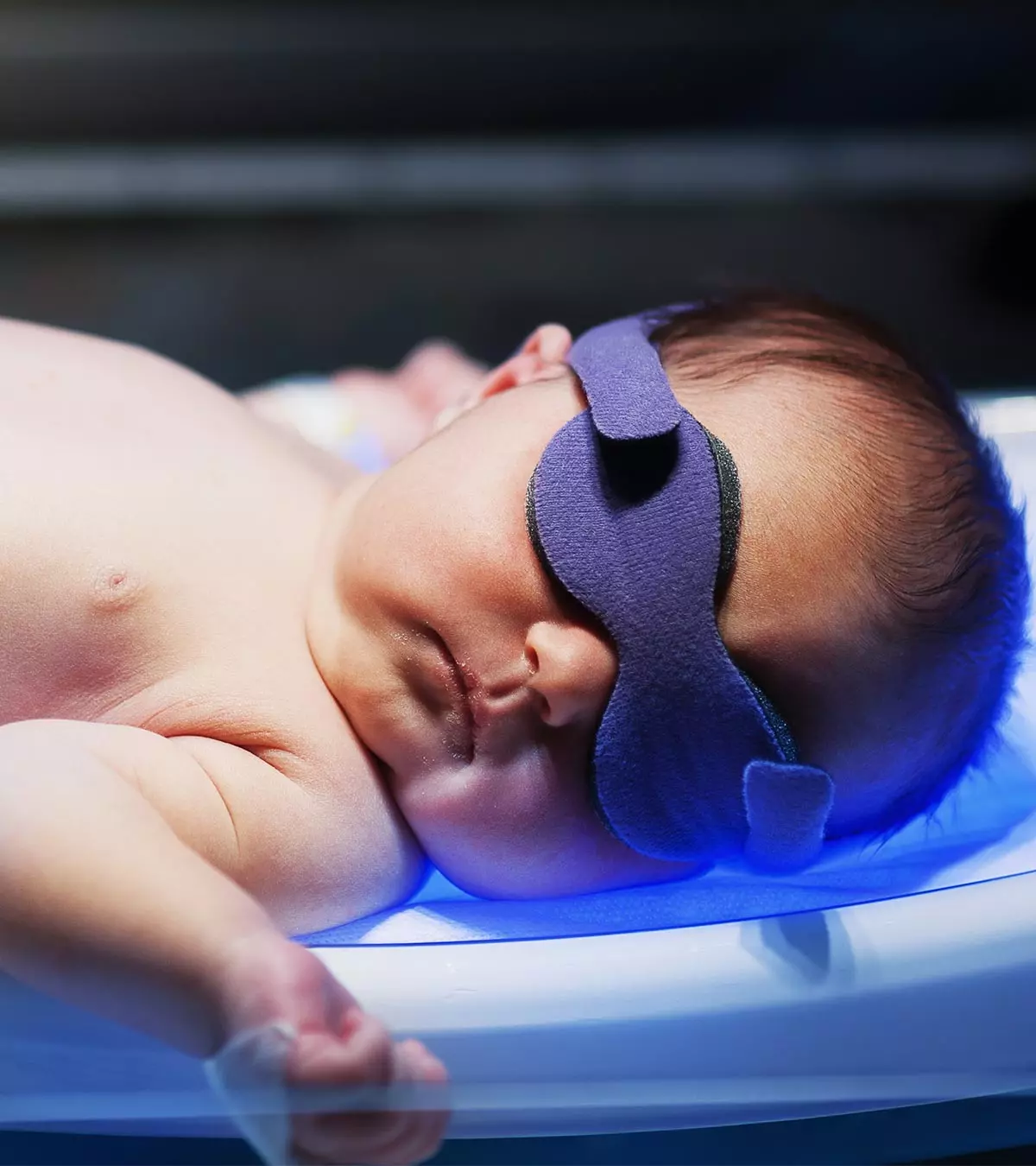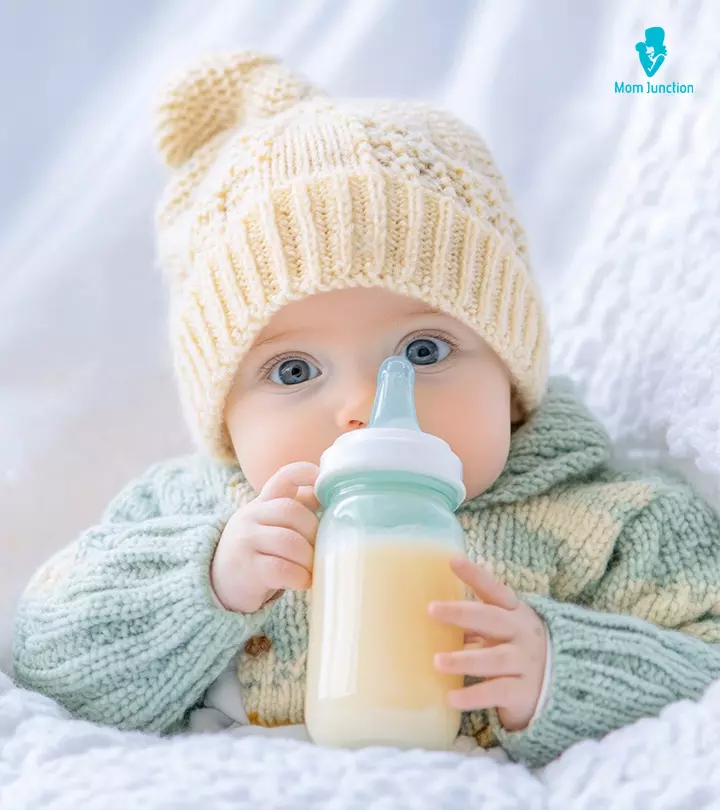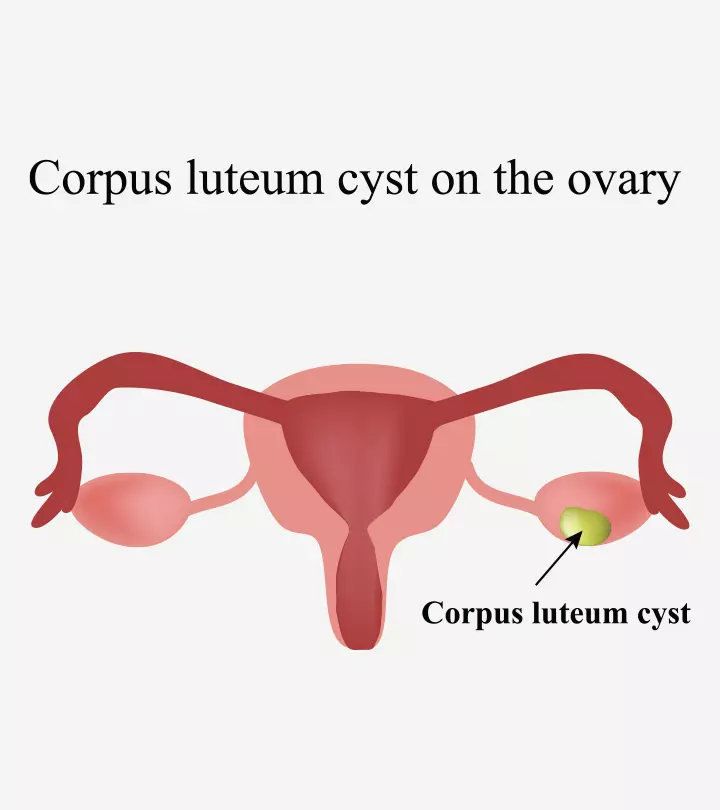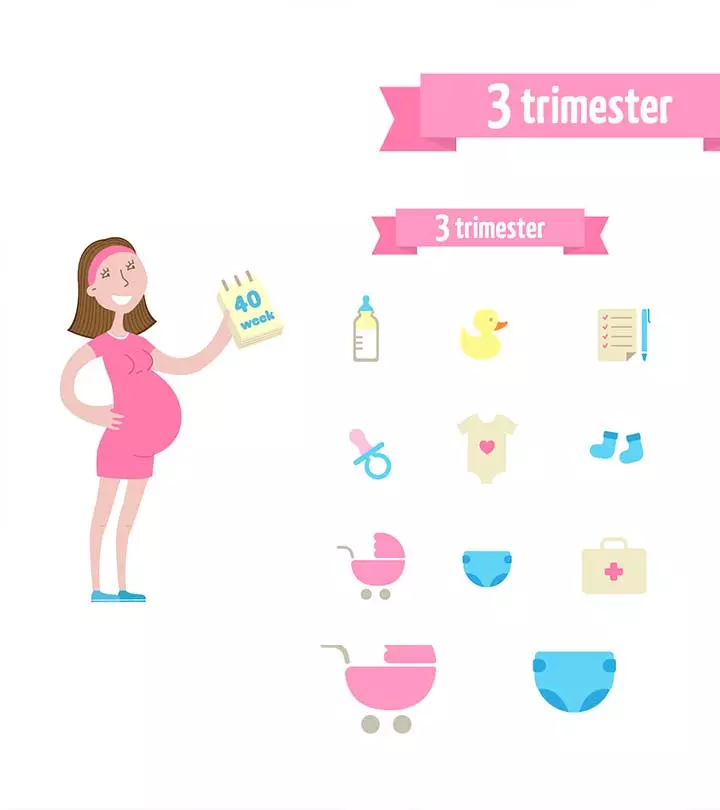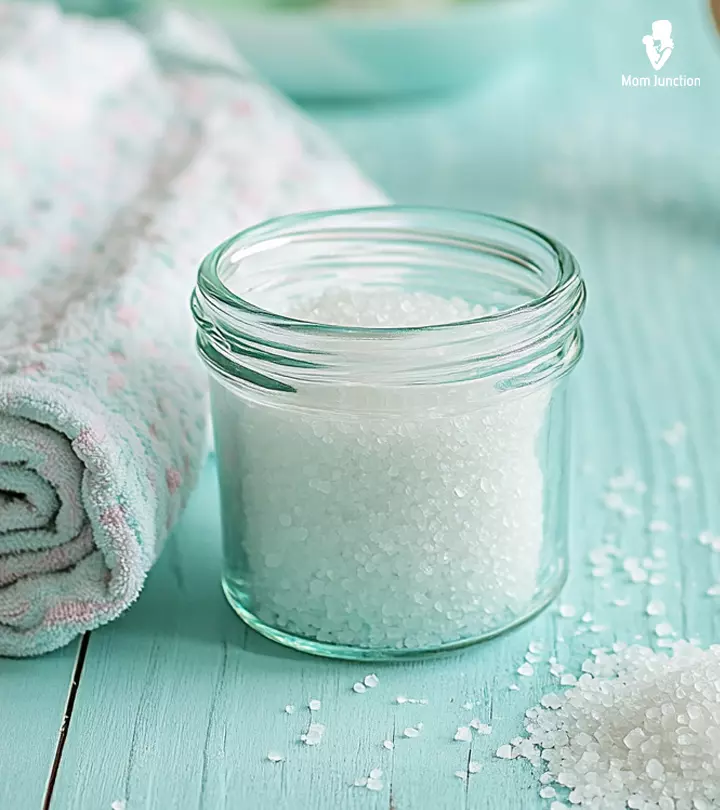
Image: Midjourney/ MomJunction Design Team
Epsom salt possesses medicinal and therapeuticiCuring a disease or disorder with medications and care. properties to help with muscle relaxation, pain relief, and mind and body rejuvenation. However, if you plan to try an Epsom salt bath for babies, you must ensure its safety and know about it to make the right decision.
Epsom salt is a water-soluble chemical compound, primarily known as magnesium sulfate. Despite the several claims by experts from alternative medicine, there is still limited research on its benefits.
Read on as we have included essential information on Epsom salt, its potential benefits, and precautionary measures to take if you choose to go ahead with the bath.
Key Pointers
- When administered under professional supervision, transdermal absorption of magnesium and sulfur from an Epsom salt bath is believed to provide benefits.
- An Epsom salt bath can help to relax the body and mind and promote sleep.
- Soaking the baby in a standard-size bathtub with two cups of Epsom salt is recommended.
- Always buy 100 percent pure Epsom salt; otherwise, it can cause allergies and intoxication.
- Bathe the newborn in Epsom saltwater, typically for 15 to 20 minutes.
Is Epsom Salt Bath Safe For Babies?
When done appropriately under expert guidance, Epsom salt baths are likely safe and soothing for babies. However, like any other substance, improper use or overuse of Epsom salt can have potential adverse effects. Thus, it is crucial to consult a certified alternative medicine expert or practitioner before trying an Epsom salt bath for babies.
An expert can guide you on the right quantity of Epsom salt needed as per the intent of use, your baby’s age, and your baby’s health. They can also suggest trustworthy brands of pure Epsom salt that are likely to be safer for babies.
How Does Epsom Salt Bath Work?
When Epsom salt dissolves in water, it releases magnesium and sulfate ions.
Theoretically, soaking in this water causes the skin to absorb the magnesium and sulfate ions. It is this absorption that is believed to benefit the body.
Although clinical studies researching the transdermaliThe process of applying a medication topically. absorption of magnesium and sulfur have been inconclusive (1), anecdotal evidence suggests that Epsom salt could offer some benefits when used under expert guidance.
Possible Benefits Of Epsom Salt For Babies
The correct use of Epsom salt under expert guidance may provide the following benefits to the baby.
- Skin exfoliation: Bathing with Epsom salt can exfoliate the skin, that is, remove the dead skin cells, and improve skin health (2). Removal of dead skin cells improves the skin’s texture and improves its appearance.

Image: Shutterstock
- Anti-itch or antipruritic: Using Epsom salt compression during bath time is a common home remedy for alleviating itching due to sunburn, swimmer’s itch, bug bite, and skin rashes (3) (4). Baby diaper rash, psoriasisiA skin condition characterized by an itchy, scaly rash that affects the elbows, scalp, knees, and trunk. , and eczemaiA condition in which the skin becomes inflamed, crusty, blistered, scaly, and thick. are other skin conditions where Epsom salt bath is sometimes recommended to relieve itching.
- Muscle relaxation and pain relief: Epsom salt may promote blood flow by vasodilationiA method to stimulate blood flow to body parts that need more nutrients or oxygen. (widening of blood vessels), which helps relax the muscles. It also has anti-inflammatory and analgesiciPain-killing medication. properties that could reduce swelling and alleviate baby stomach pain and cramps. In addition, it could help soothe discomfort in colicky babies (5) (6). However, more research is needed to ascertain these effects.
- Sound sleep: Naturopathy practitioners use Epsom salt bath to relax the mind and the body and promote sleep. Magnesium in Epsom salt is believed to stimulate the production of melatoniniA hormone released by the pineal gland that regulates the body's sleep cycle. , a sleep-inducing hormone. However, these effects are not clinically proven.

Image: Shutterstock
Most of these benefits are researched among adults, and it is not known if they apply to babies as well.
How To Prepare Epsom Salt Water For Bath?
You can make the bath by dissolving a specific quantity of Epsom salt in warm bath water. The quantity of Epsom salt required varies as per the purpose of the bath and other factors, such as the baby’s age and health.
Usually, two cups of Epsom salt dissolved in a standard-size bathtub are recommended for soaking the baby. The quantity will change if you intend to soak a part of the body. For instance, if you wish to soak a baby’s feet for toenail removal aftercare, you will need two teaspoons of Epsom salt dissolved in two quarts (0.5 gallon) of warm water (7).
 Quick tip
Quick tipThus, consult a pediatrician or an alternative medicine expert to determine the appropriate dilution ratio before including Epsom salt in your baby’s bath routine.
Precautions To Take While Using Epsom Salt For Babies
Although Epsom salt baths are likely safe for babies, following some precautions can ensure your baby’s safety. Here are some bath time tips that you should take into consideration while using Epsom salt in the bath for babies (8).
- Buy 100 percent pure Epsom salt from a trusted and reputable brand. Using impure Epsom salt could increase the risk of allergies and intoxication due to adulteration.
- Read the ingredients and product label carefully. It will help you know the additives, such as artificial color and fragrance, which can irritate the baby’s sensitive skin.

Image: Shutterstock
- Adhere to the pediatrician-approved salt-to-water ratio. The ratio may vary based on the intent of use, baby’s age, and health conditions. Ensure the salt is properly dissolved in water before soaking your baby in it.
- Never leave your baby unattended while soaking in Epsom salt baths. Accidental ingestion of Epsom salt by the baby could have adverse effects. Typically, soaking in Epsom salt water for at least 15 to 20 minutes is advised to reap Epsom salt’s benefits.
 Point to consider
Point to consider- Monitor your baby’s body temperature and general reaction when you soak them in an Epsom salt bath. If the baby looks uneasy or uncomfortable, remove them from the bathtub immediately as it could be a sign that the baby hates bath with Epsom salt.

Image: Shutterstock
- Stay alert to the signs of Epsom salt allergy or magnesium or sulfate sensitivity. Some common signs of Epsom salt allergy are skin irritation, extreme itching, and contact dermatitisiA common type of skin inflammation. . To know if your baby is allergic to Epsom salt, do a rub test.
- Perform a rub test by rubbing a few drops of Epsom salt solution at the back of your infant’s hand. If you notice a reaction, do not use Epsom salt for your baby, at least until you talk to your doctor to ascertain the cause of the response.
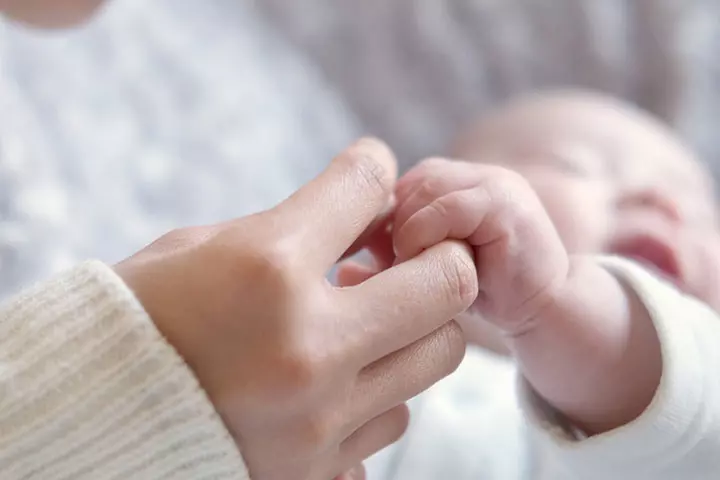
Image: Shutterstock
- Do not go overboard with Epsom salt baths. It applies to both the number of times you bathe the baby and the total time you bathe the baby in each session. Oversoaking can dry the baby’s skin and cause overdose symptoms, such as flushing, nausea, headache, slow heart rate, and extreme drowsiness. Typically, soaking in Epsom salt water for 15 to 20 minutes is advised to reap Epsom salt’s benefits.
- Do not use Epsom salt for oral use to treat health problems, such as constipation, in babies. Although Epsom salt acts as a laxative, its use in babies is not advisable. When used without medical guidance, it can have detrimental effects.
- Store Epsom salt at room temperature, away from heat and moisture, to retain its quality and efficacy. Keep it out of the reach of toddlers to prevent accidental ingestion.
Frequently Asked Questions
1. Is it OK to give Epsom salt bath daily for babies?
Epsom salt for babies is not recommended every day. Overuse of can be associated with diarrhea and other changes in bowel movements and might affect the baby’s wellness. The use is also contraindicated in case of skin irritation, inflammation, or wounds (9). Dr. Zeeshan Afzal, specialty registrar from Cambridge, UK, says, “The frequency of Epsom salt baths for babies will depend on their individual needs and health conditions. It is important to consult with a healthcare provider before regularly using Epsom salt baths, especially if your baby has any medical conditions or allergies.”
2. Does Epsom salt cause yeast infections?
Epsom salt baths are not known to cause yeast infections. They may help relieve yeast infection symptoms, such as itching and irritation. Epsom salts also maintain the vaginal pH and promote the growth of healthy microbes. However, you may use Epsom salt baths for babies only when a healthcare provider suggests (10).
3. What temperature should an Epsom salt bath be for a baby?
There is no specific temperature range for Epsom salt baths in babies. However, the recommended newborn baby bath temperature is between 37°C to 38°C (98.6°F to 100.4°F). This range ensures the water is warm enough to be comfortable for the baby without posing any risk of scalding or discomfort (11).
4. What age can babies start taking Epsom salt baths?
Parents may start giving Epsom salt baths to babies once they are about six months old. However, seek a medical professional’s advice before using Epsom salt for babies to ensure their safety.
Epsom salt baths for babies can be safe if given under expert supervision. Depending on the purpose and age of the baby, you can dissolve the recommended amount of Epsom salt in bathing water. Epsom salt releases magnesium and sulfate ions in water, and its absorption into the skin can be beneficial. This may help exfoliate, relax muscles, and promote sound sleep if used correctly. However, overuse or improper use of Epsom salt can lead to adverse effects. But make sure you get pure Epsom salt and read the label before using it.
Infographic: How To Bathe Your Baby Safely With Epsom Salt?
Care should be taken while bathing a baby, and it applies to Epsom salt baths as well. They are usually considered safe if used as directed. The infographic below highlights some safety measures while bathing your baby. Illustration: Momjunction Design Team
Illustration: Epsom Salt Bath For Babies: Is It Safe?
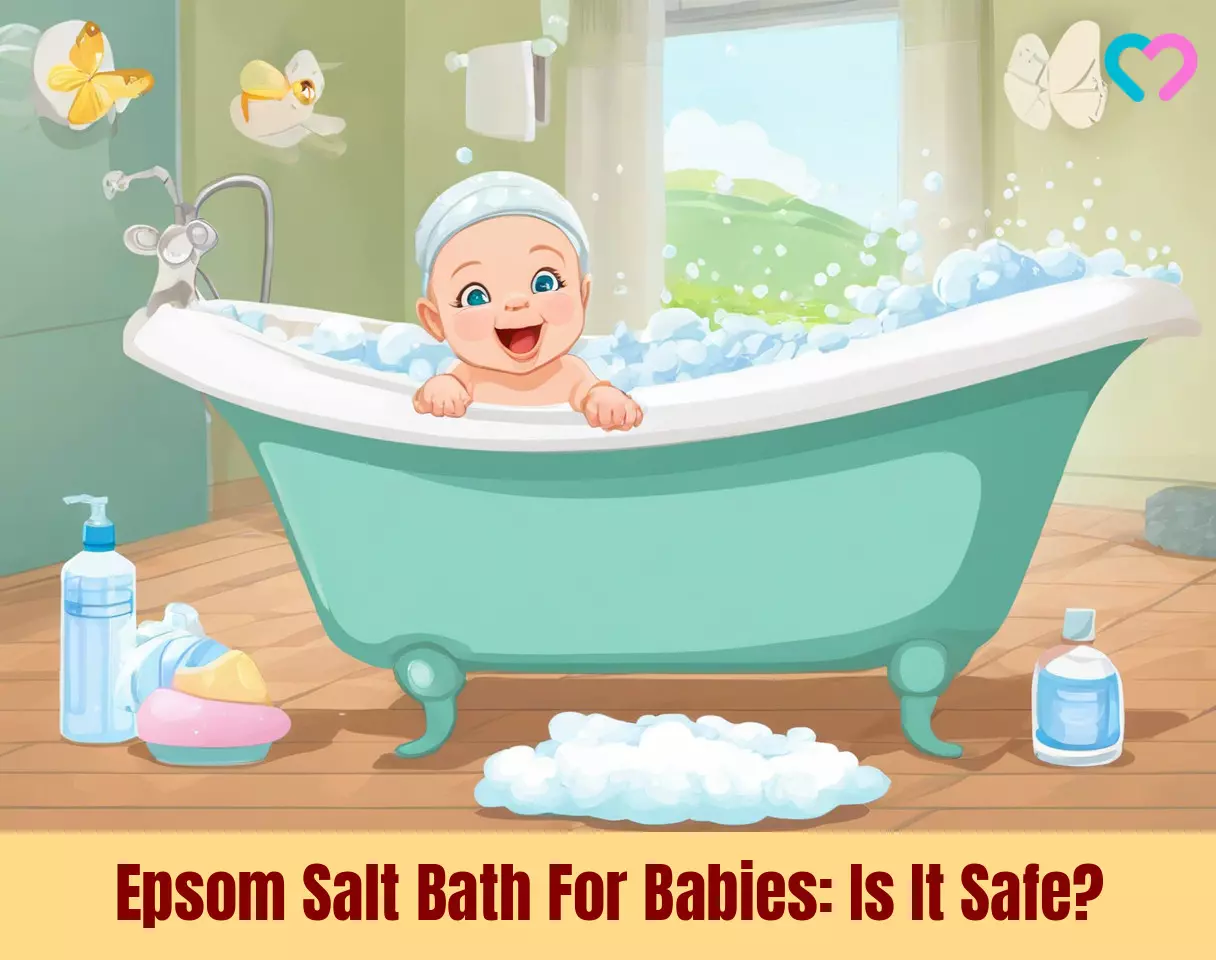
Image: Stable Diffusion/MomJunction Design Team
References
1. Uwe Gröber et al.; Myth or Reality—Transdermal Magnesium?; NCBI
2. T G Polefka et al.; Interaction of mineral salts with the skin: A literature survey; Researchgate
3. Uses and benefits of Epsom salt; Epsom Salt Council
4. 12 Common Summertime Skin Rashes in Children; Healthy Children; AAP
5. Walaa Fikry Elbossaty; Pharmaceutical Influences of Epsom Salts; Semantic Scholars
6. Shilpa Parag Satralkar and Basvant Dhudum; Effectiveness of Application of Warm Compress with Epsom Salt to Reduce Knee Joint Among Women; International Journal of Science and Research
7. Care after toenail removal; St. Jude Children’s Research Hospital
8. Magnesium sulfate (Epsom salt); University of Michigan
9. Should You Take an Epsom Salt Bath?; Cleveland Clinic
10. Is Bath Good or Bad for Yeast Infection?; YeastInfection.org
11. Bathing Your Baby; Nationwide Children’s
Community Experiences
Join the conversation and become a part of our nurturing community! Share your stories, experiences, and insights to connect with fellow parents.
Read full bio of Dr. Richard Mario Lurshay
Read full bio of Swati Patwal
Read full bio of Rohit Garoo
Read full bio of Ghazia Shah










